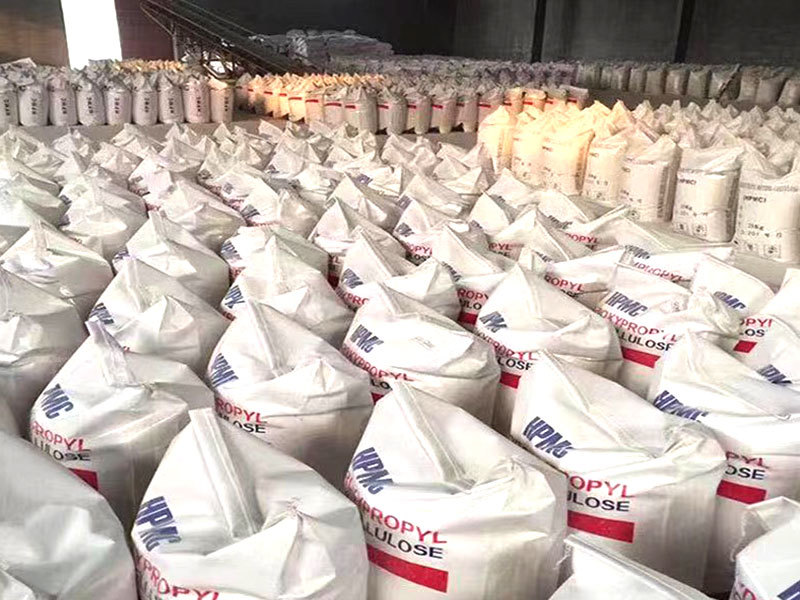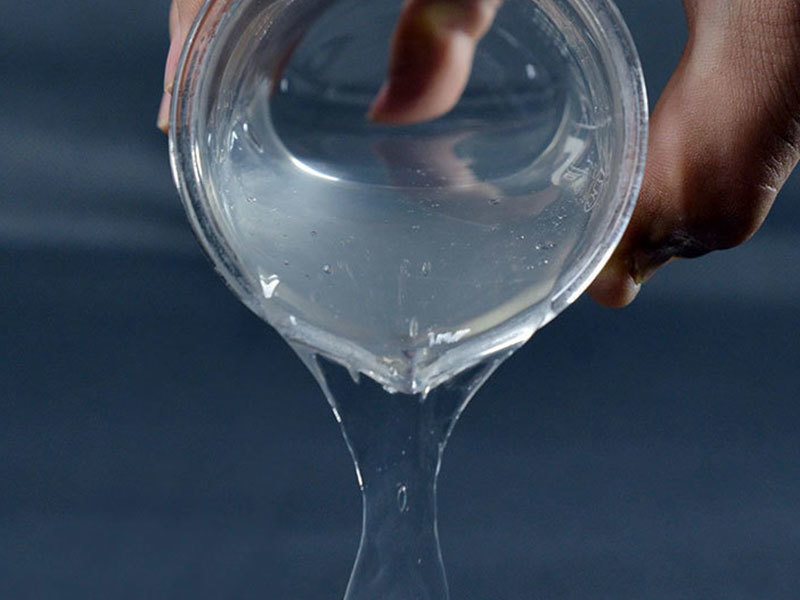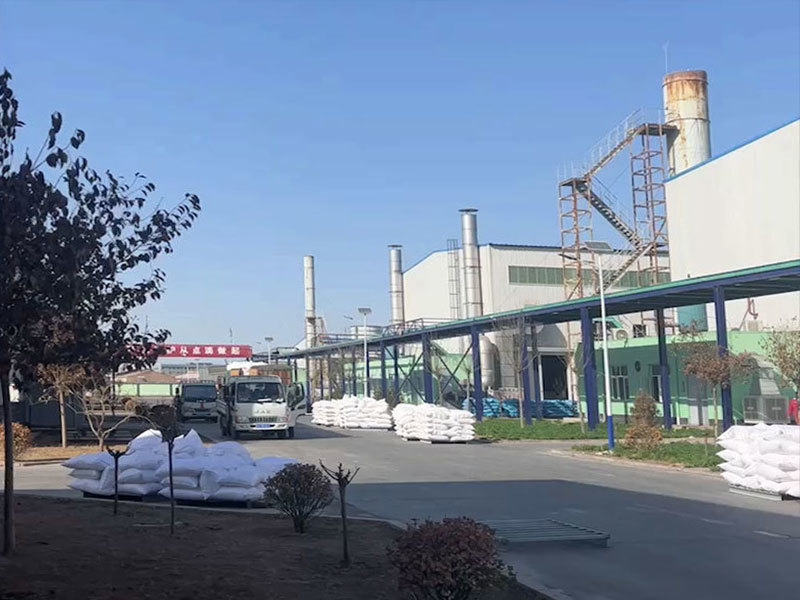The main uses of carboxymethyl cellulose CMC
Release Time:
Apr 15,2024
Carboxymethyl cellulose (CMC) is a non-toxic and odorless white flocculent powder with stable performance and easy solubility in water. Its aqueous solution is a neutral or alkaline transparent viscous liquid, soluble in other water-soluble adhesives and resins, and insoluble in organic solvents such as ethanol. CMC can be used as an adhesive, thickener, suspension agent, emulsifier, dispersant, stabilizer, sizing agent, etc.
Carboxymethyl cellulose (CMC) is a non-toxic and odorless white flocculent powder with stable performance and easy solubility in water. Its aqueous solution is a neutral or alkaline transparent viscous liquid, soluble in other water-soluble adhesives and resins, and insoluble in organic solvents such as ethanol. CMC can be used as an adhesive, thickener, suspension agent, emulsifier, dispersant, stabilizer, sizing agent, etc.
Sodium carboxymethyl cellulose (CMC) is the most abundant, widely used, and convenient product among cellulose ethers, commonly known as "industrial monosodium glutamate".
1. Used for drilling, well digging, and other engineering projects for oil and natural gas
① Mud containing CMC can form thin and strong filter cakes with low permeability on the wellbore, reducing water loss.
② After adding CMC to the mud, the drilling rig can achieve low initial shear force, making it easy for the mud to release the gas trapped inside, and quickly disposing of debris into the mud pit.
③ Drilling mud, like other suspended dispersions, has a certain lifespan, and the addition of CMC can stabilize and prolong its lifespan.
④ Mud containing CMC is rarely affected by mold, so there is no need to maintain a high pH value or use preservatives.
⑤ Containing CMC as a drilling mud washing fluid treatment agent, it can resist pollution from various soluble salts.
⑥ Mud containing CMC has good stability and can reduce water loss even at temperatures above 150 ℃.
CMC with high viscosity and high degree of substitution is suitable for mud with lower density, while CMC with low viscosity and high degree of substitution is suitable for mud with higher density. The selection of CMC should be determined based on different conditions such as mud type, region, and well depth.
2. CMC is used as a sizing agent in the textile and printing industry, and is used for sizing light yarns of strong fabrics such as cotton, silk and wool, chemical fibers, and blends;
3. CMC used in the papermaking industry can be used as a paper smoothing agent and sizing agent. Adding 0.1% to 0.3% CMC to pulp can enhance the paper's tensile strength by 40% to 50%, increase its compressive strength by 50%, and increase its kneading properties by 4-5 times.
4. CMC can be added to synthetic detergents as a dirt adsorbent; Glycerol aqueous solution of daily chemical substances such as CMC in toothpaste industry is used as the adhesive base for toothpaste; Used in the pharmaceutical industry as thickeners and emulsifiers; CMC aqueous solution is used for flotation and mineral processing after thickening.
5. Used in the ceramic industry as an adhesive, plasticizer, suspension agent for glaze, color fixing agent, etc. for raw materials.
6. Used in construction to improve water retention and strength
7. It is used in the food industry. In the food industry, CMC with high displacement degree is used as the thickener of ice cream, cans, instant noodles, foam stabilizer of beer, etc., and it is used as the thickener, binder or shaping agent in the processing of jam, syrup, fruit juice, Dim sum, ice cream drinks, etc.
8. The pharmaceutical industry uses CMC with appropriate viscosity as a binder, disintegrant for tablets, and suspension aid for suspensions.
The high-end alternative product of carboxymethyl cellulose (CMC) is polyanionic cellulose (PAC), which is also an anionic cellulose ether with higher degree of substitution and uniformity, shorter molecular chains, and more stable molecular structure. Therefore, it has better salt resistance, acid resistance, calcium resistance, high temperature resistance, and enhanced solubility. Applied to all industries where carboxymethyl cellulose (CMC) can be applied, it can provide better stability performance and meet higher process requirements.
Key words:
What Else Might You Learn?






